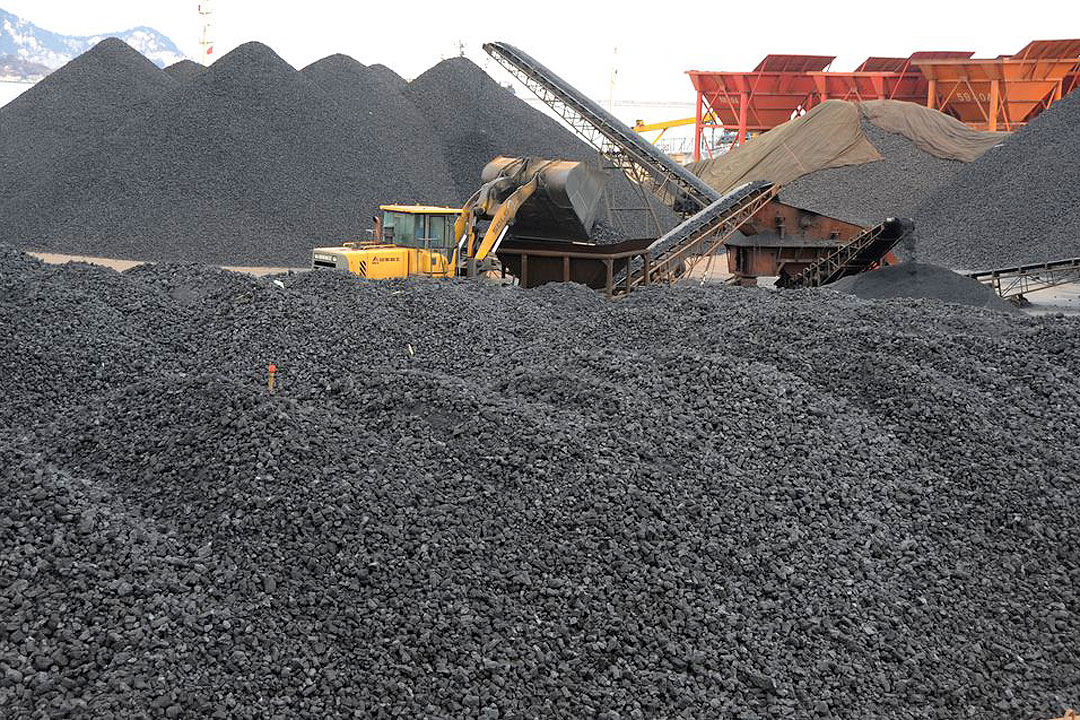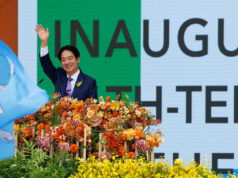PHL-Indonesia deal may cushion coal, gas shocks

THE PHILIPPINES and Indonesia signed an energy collaboration deal designed to smooth out any supply disruptions in critical fuels like coal and liquefied natural gas (LNG).
The signing of the memorandum of understanding (MoU) between the Philippine Department of Energy and Indonesian Ministry of Energy, which was witnessed by President Ferdinand R. Marcos, Jr. and visiting Indonesian President Joko Widodo. It updates the long-term energy cooperation arrangements between the two countries, Energy Secretary Raphael P.M. Lotilla said in a statement.
“On the part of the Philippines, it is an offshoot of our President’s efforts to achieve higher energy security through energy diplomacy,” he said.
Under the MoU, the two countries will collaborate via their respective business sectors “during periods of critical supply constraints on energy commodities such as coal and liquefied natural gas,” Mr. Lotilla said.
He said bilateral agreements on energy should consider the increasing role of the private sector in the two countries’ energy sectors, noting that previous deals “reflected the dominance of state-owned companies in the power sector in the Philippines and the upstream sector including coal mining in Indonesia.”
The Philippines has been a key market for Indonesian coal, which accounted for 98% of Philippine coal imports in 2022, “consistently increasing from 88% in 2017,” Mr. Lotilla said.
He noted that a coal export ban imposed by Indonesia in January last year following the failure of its coal mines to provide adequate supply for domestic power plants and markets pushed coal prices higher.
“This forced countries like the Philippines to scramble for alternative sources of coal and caused coal prices to spike,” he said. “The Philippines imported more than 80% of its coal requirements in 2023 and even more than 90% in previous years.”
“Since then, the Philippines exerted diplomatic efforts to ensure a steady flow of coal supply from Indonesia,” he added.
Mr. Lotilla said the two countries remain highly dependent on coal-fired power plants and that their transition to cleaner technologies should not affect their energy stability.
Indonesia and the Philippines, respectively, are second and third globally in terms of installed capacity of geothermal generation plants, he noted.
“Transitioning to clean energy to achieve energy security goals would require a transition fuel capable of providing baseload generation that would fill in the gap when existing coal-fired power plants start to retire,” he said.
“Natural gas, including LNG, is a suitable transition fuel where the private sector investments in this technology will be facilitated to address the variability of renewable energy capacity additions and ensure the reliability and security of the power system,” he added.
“The two countries are major sources of minerals needed for the energy transition and have vast potential for solar, wind and ocean energy production.”
Philippine energy security has emerged as a critical issue as the Malampaya gas field approaches commercial depletion. Malampaya is the Philippines’ only indigenous commercial source of natural gas.
The loss of Malampaya output could result in 12 to 15-hour rotational brownouts across Luzon.
“This is a strategic collaboration especially since the Philippines imports more than 90% of its coal requirements from Indonesia. The LNG cooperation will also help the Philippines address its supply requirements since Malampaya gas reserves continue to deplete,” according to Jose M. Layug, Jr., president of Developers of Renewable Energy Advancement, Inc.
The agreement “speaks well of the Marcos administration’s forward-looking approach towards long-term energy sustainability,” he said in a Viber message.
Bienvenido S. Oplas, Jr., president of think tank Minimal Government Thinkers, noted that sharing of knowledge and technology in gas exploration and development between the two countries could be leveraged into a long-term partnership.
“Indonesia is not so much a gas exporter, Brunei is. But it’s good to mention that in the MoU because Indonesia’s gas potential reserves may not have been tapped yet; neither have those of the Philippines’,” he said in a Viber message.
Mr. Oplas said the deal also signals the continuation of the Philippines’ reliance on coal, which he said will remain a significant source of energy for many countries “because it’s abundant, cheap and easy to transport and store, and can provide dependable, reliable, 24/7 electricity except during maintenance shutdowns.”
“The so-called transition away from coal did not happen in Germany, did not happen in many other ‘decarbonizing’ countries,” he said, noting that coal accounted for 62% of Indonesia’s electricity generation in 2022.
Indonesia is a major coal exporter and the Philippines generated about 60% of total electricity from coal-fired plants in 2022 and 2023, he said.
Indonesian Energy Minister Arifin Tasrif assured the Philippines of “continued and uninterrupted coal supply from Indonesia” in a bilateral meeting with Mr. Lotilla during the Asia Zero Emission Community Ministers’ Meeting in Tokyo in March 2023 and the 41st ASEAN Energy Ministers Meeting in August 2023 held in Bali. — Kyle Aristophere T. Atienza



